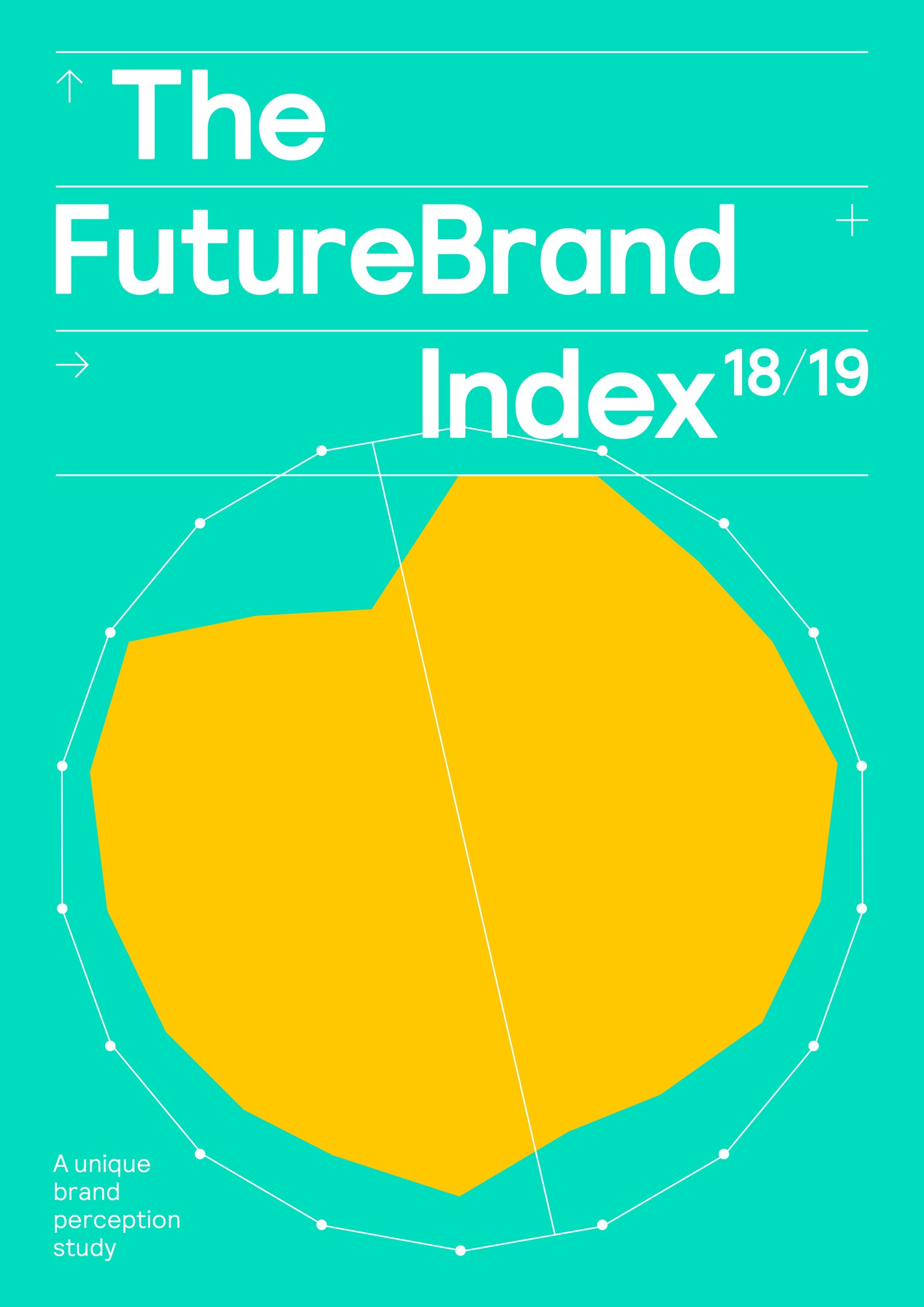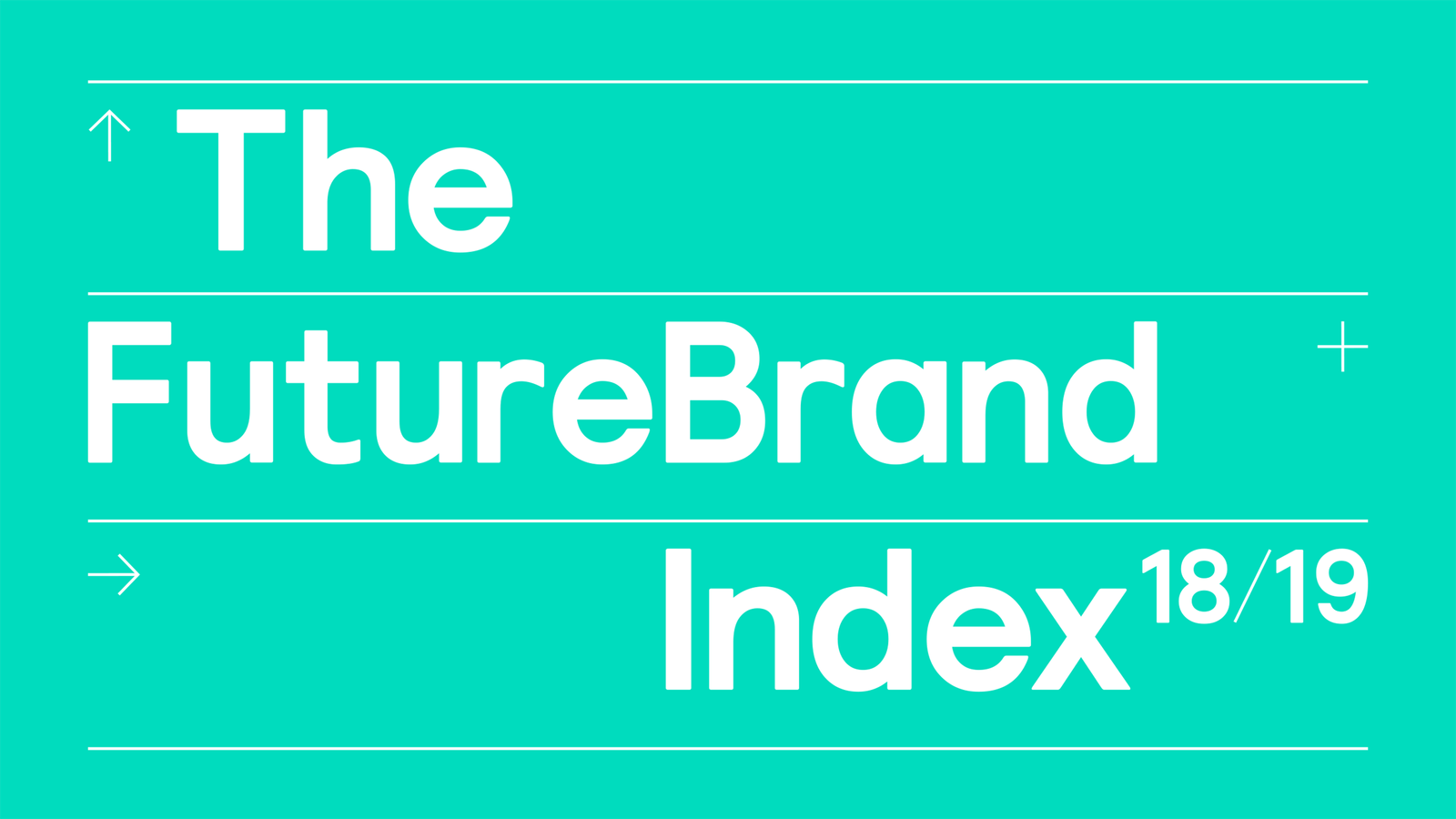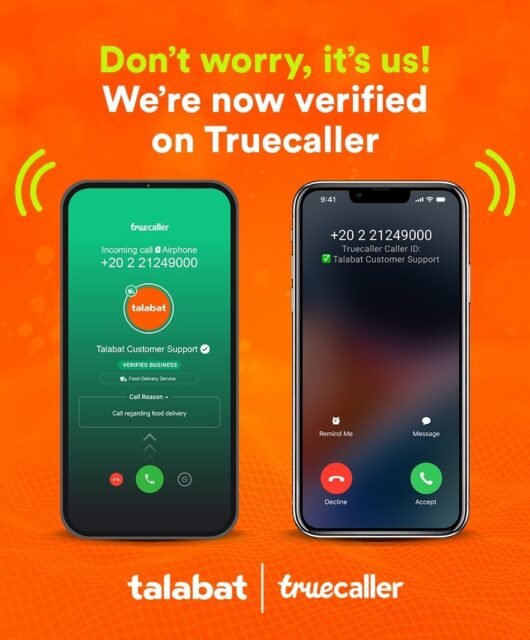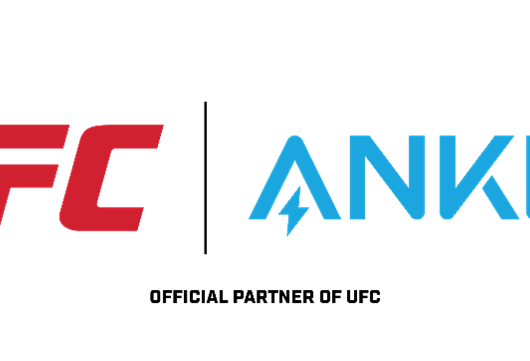Walt Disney Company Tops 2018 Future Brand Index of Future-proof Companies
- 2018 FutureBrand Index, issued today, reveals the most future-proofed of the world’s top 100 companies.
- The Walt Disney Company tops the Index.
- Of the top 25 most future-proofed brands,13 are from the US.
- Chinese newcomer Kweichow Moutai straight into second place – one of the top six most future-proofed Chinese brands.
- Companies that blend purpose with experience seen as best positioned for future success.
- Tech sector perception evolves: to succeed, technology must be backed up by purpose.
London, UK ,9 October 2018 – The Walt Disney Company is the global firm that’s best positioned for future success, according to the 2018FutureBrand Index, which is published today (9 October 2018).
The Index re-orders PwC’s Global Top 100 – the largest companies in the world by market capitalisation. It uses responses from an informed global public of 3,000 respondents to measure each firm’s ‘futureproof factor’ – how strongly they’re positioned for future success.

It produces a ranking, where at the top stand the brands judged to have the right qualities in balance to make people want to work for, buy from and invest in them. The dominant theme emerging from the 2018 Index is that the companies seen as best positioned for future success are those that that blend purpose with experience. Several other striking themes emerge: China’s rise is entering a new phase, the tech sector is faltering, and many of the world’s oldest firms in unfashionable sectors are proving more durable than expected.
US dominant – but China moving up
With 54 of the PWC Top 100 and 13 of the 25 most futureproofed brands – including The Walt Disney Company as the number one most futureproofed brand – US firms dominate both the list of today’s successful global companies and the list of those companies best positioned to succeed in the future.
The top futureproofed brand in 2016 was Apple, which drops to fourth in this year’s Index. Gilead Sciences, Nike, AbbVie and Nvidia are the other US companies in the top ten. Last year’s second-placed company, Microsoft, drops 10 places to 12.
But although there are far more US firms in both the PWC Top 100 and the FutureBrands list than from any other country, both also feature more Chinese firms than ever before, with six of the most futureproofed companies in the FutureBrand Index and 12 in the PWC Top 100. And the company that came second in this year’s list of the most futureproofed brands is Chinese spirits giant Kweichow Moutai.
Increasingly, the story of China is not one of a rising middle class aspiring to Western brands; it is Chinese brands offering new competition to established players in the North American and European markets.
The evolution of tech
The Index suggests that consumers’ perception of technology companies is evolving, with the purpose behind their ground-breaking technology coming into sharper focus.
To be successful in the 2018 Index, tech sector firms must do more than come up with the latest technology – they must use it to create better products, services and experiences that improve the lives of their customers.

This year, almost every tech company in the Index has fallen in the rankings and have seen dramatic drops in perceptions of having a clear sense of the future (from 39% in 2014 to 34% in 2018), inspiring change for the better (from 34% in 2014 to 29% in 2018) and having strong ideas and principles (from 36% in 2014 to 31% in 2018). Despite their financial success,the tech sector has also seen falls in individual trust levels (from 35% in 2014 to 30% in 2018).
No room for complacency
Since the first Index was published in 2014, nine companies have consistently been classed as future-proofed brands:Apple, Intel, Microsoft, Inditex, Walt Disney, AbbVie, Johnson & Johnson, Samsung, and Toyota.
Balance is best
Nick Sykes, President International says: “The FutureBrand Index is unique because it reveals the future potential of the world’s most prominent companies. It is not based on assumptions or our opinions but rather it’s a robust view of how these companies are perceived and, as ever, it’s yielded some fascinating results.
“The Index shows that the brands performing the best, irrespective of which sector they’re in or how well-established they may be, are those that consistently align the totality of the experiences they create with their wider corporate purpose.
“Comparing this year’s results to previous versions of the Index shows there’s no room for complacency. If brands lose their focus on the balance of attributes they need for future success, they quickly fall down the rankings.”





